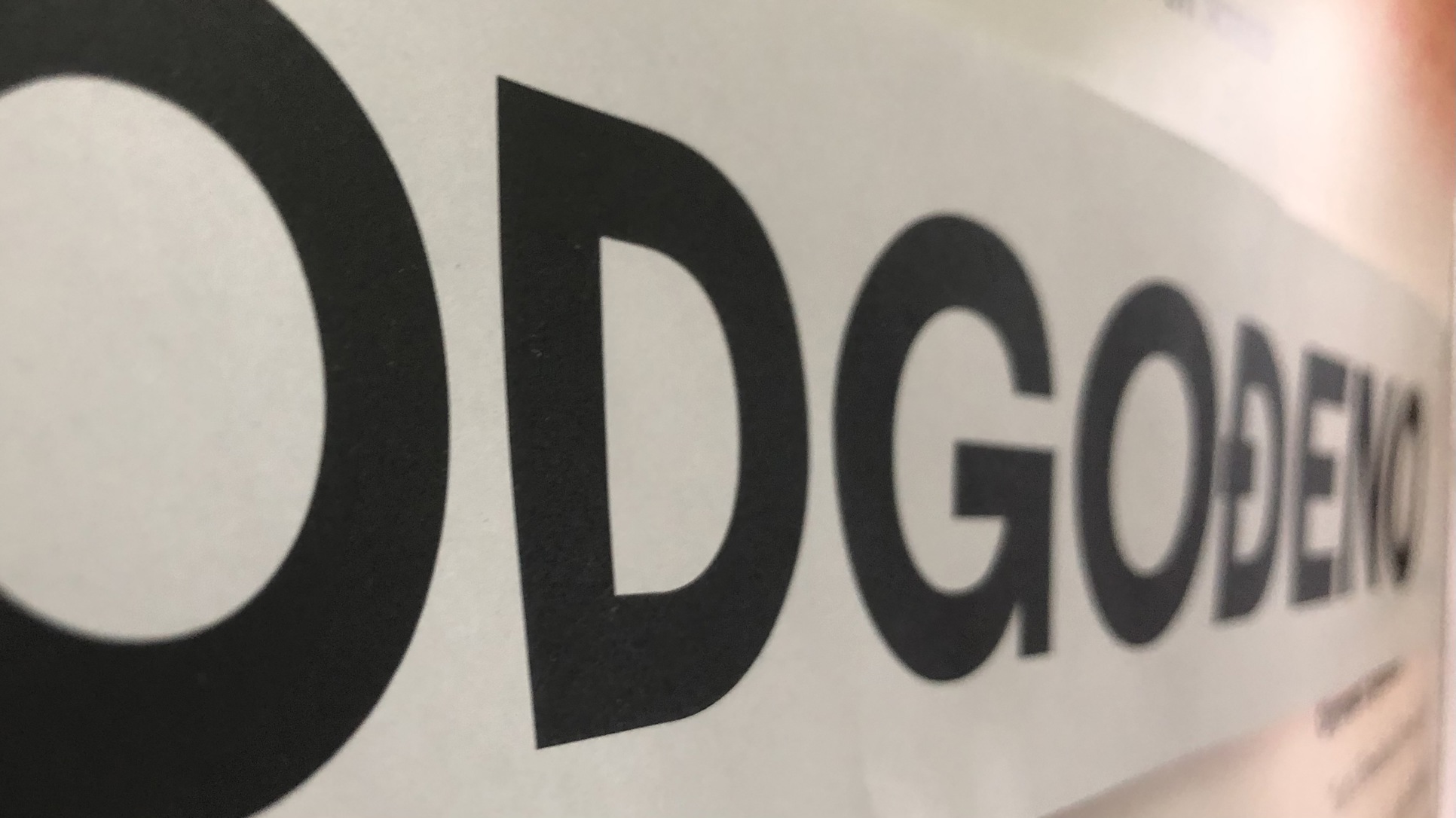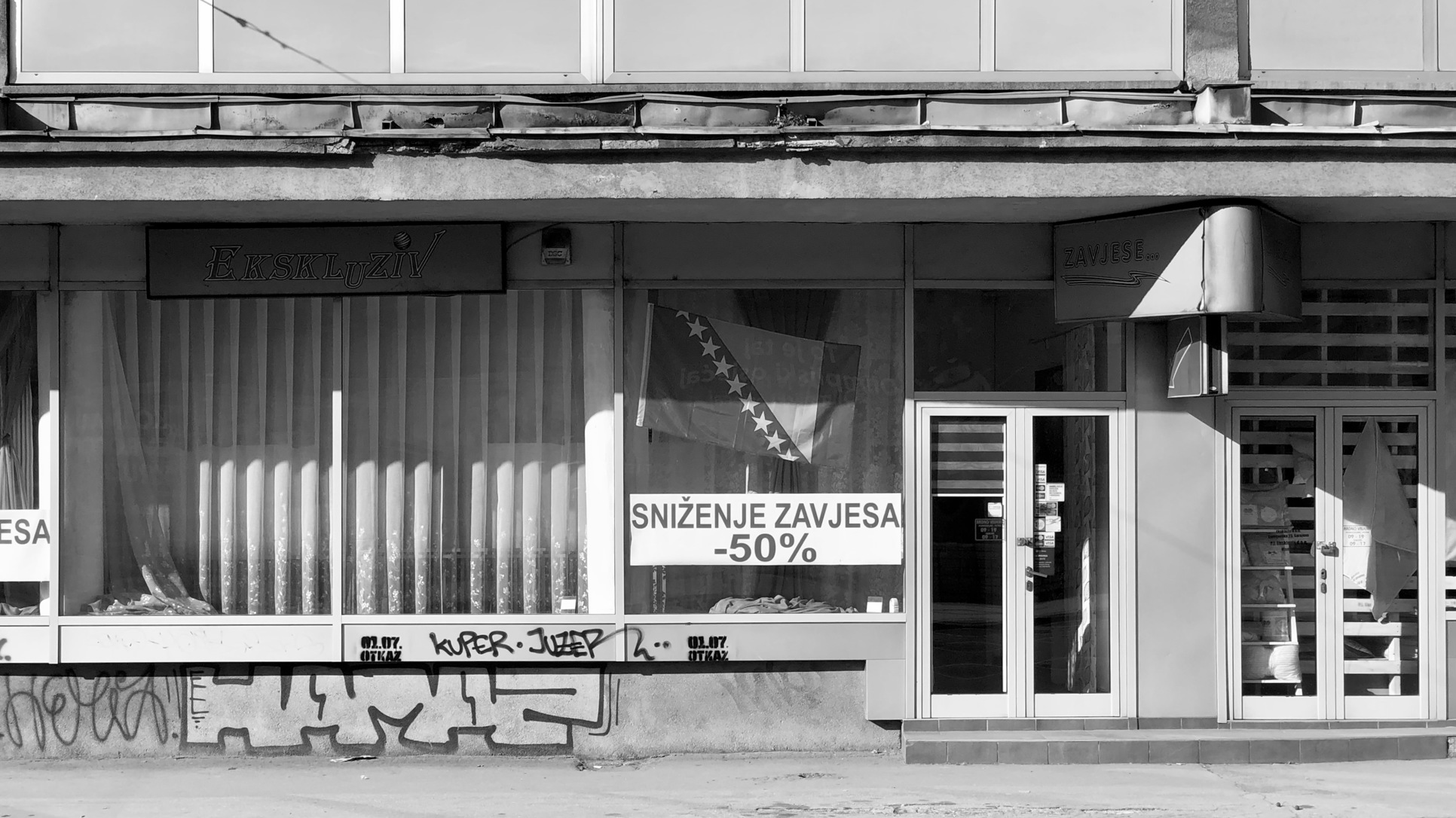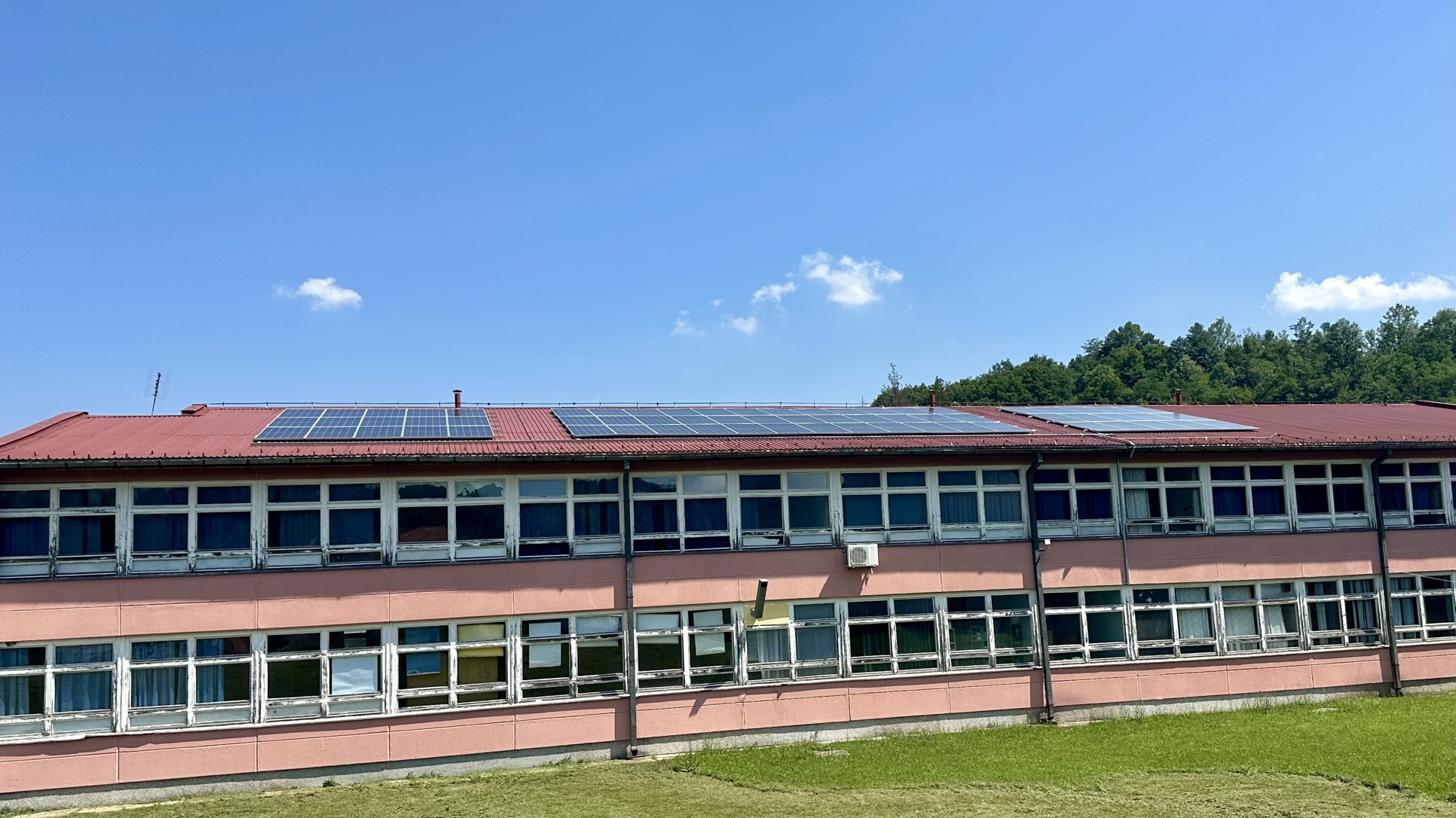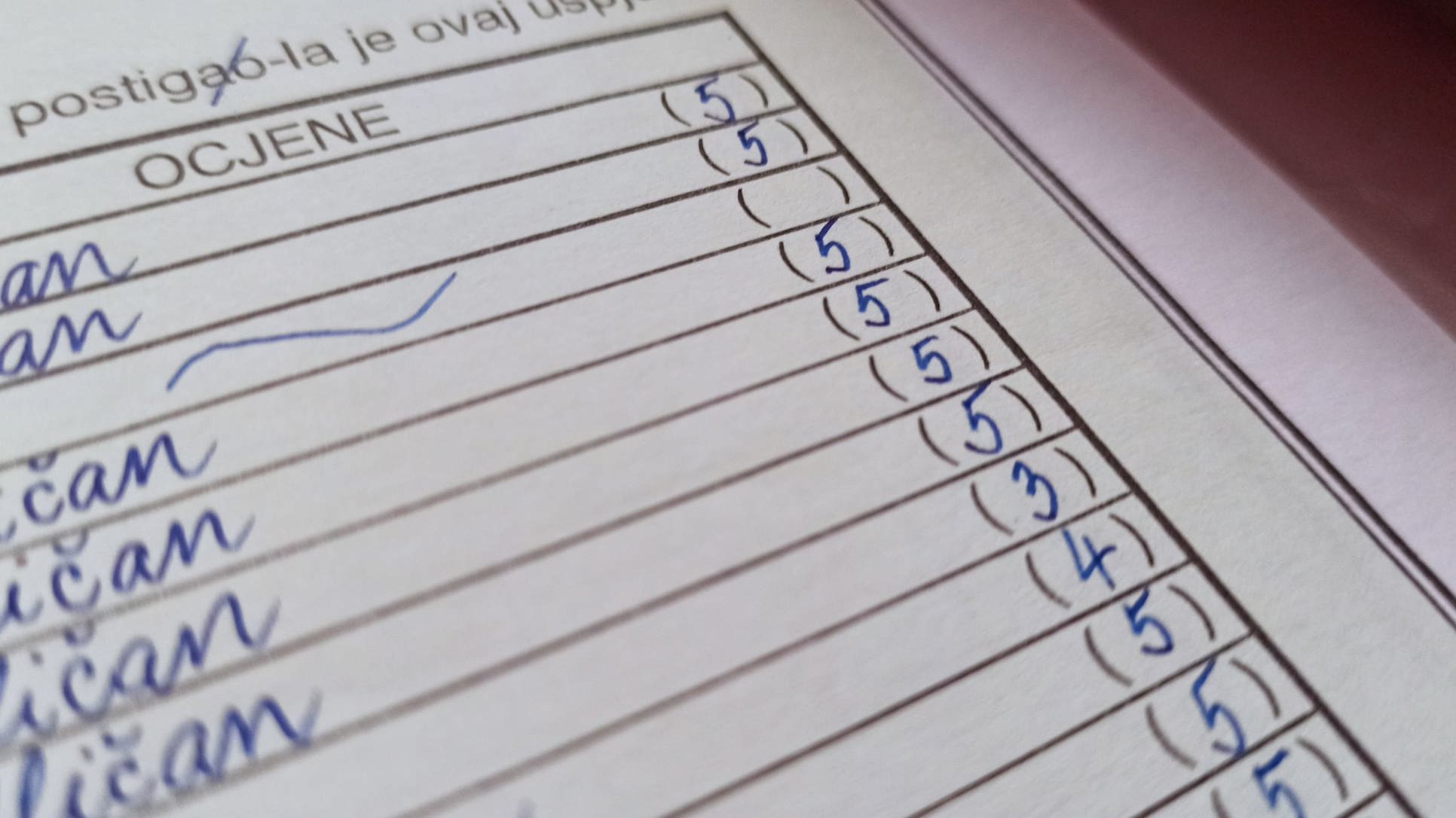For a week now, we have been sending children and youth to schools in Sarajevo Canton, where they are greeted by working people who are forbidden to protest. Before that, the strike they entered was criminalized, and Saudin Sivro, the president of the Independent Union of Primary Education and Education in KS, was arrested — there have also been apparent attempts to hunt down the strikers in schools, i.e. pressure that the leadership denounce them to the "authorities".
The trade union action was launched around the new Standards and Norms that the Ministry, like everything else (code: SAFER), introduces as it sees fit, mostly with barely any consultation with educators and the general public. This time, the Union was ignored even though the document changes working conditions, and to that extent the Trade Union is a legitimate and obligatory interlocutor in the so-called social dialogue. And if it is not respected, the Trade Union can legally and legitimately decide to continue the struggle by political means — by suspension of work, protest, campaign, etc.
The union can decide to rebel, and we see that the government can decide to ban it, so we may realize that our young transitional democracy has finally grown up and is following in the footsteps of its teachers around the world — in the repression of criticism and rebellion.
It is not their first time, but it is one of the more indicative moments of political developments. Because, if we ignore the media skirmishes between Minister Naida Hota-Muminović and Trade Union leader Saudin Sivro, as well as the always loud Školegijum, there is silence in the public. Neither right-wing organizations, nor international defenders of democracy who are usually on 24-hour duty when it comes to discrimination, nor shocked intellectuals. Not even parents. What was heard from the parents was mediated through social networks and the official reaction of the Sarajevo Canton Parents' Council Association, a self-proclaimed representative of parents' views who for years has drawn legitimacy from closeness to the authorities, and plays an obscure role in the cantonal school system, advocating for some general welfare of students in that the most banal form of humanitarianism without a compass and balls — completely incapable of formulating even clearer principles of parents' participation in the educational process and then sticking to them. Which makes the association in question an easy prey, and a heavy weapon, of party politics.
The students, systematically silenced by a long cycle of brainwashing, have nowhere to say anything without being heard by any of the elders. Under the circumstances, every missed lesson is a pure gift. And the system made an effort to open and maintain a gap between them and the enlighteners, through which they are seen as enemy armies from the trenches. To the extent that one does not dare to think what tragicomic form the tragedy in Kragujevac in 1941 would take if moved to today's vacant lot. Judging by the reports of violence in the school desks, it is unlikely that anyone would sacrifice themselves for anyone, it would rather be that everyone would be happy to sacrifice everyone else.
Identities > class (in this case the class is about social class, not a school class)
That is, the president of the Trade Union is not a particularly popular character among the general public. The combination of an internal firm hand, undisguised self-aggrandizement and social conservatism, and even retrogradeness, did not make him a favorite of the Sarajevo bazaar, even those close to him in terms of ideological beliefs. Unionists must be strong, but the Union must be stronger.
It should also be noted that the Cantonal Minister of Education, Naida Hota-Muminović, made an effort to discredit the leader of the union by comparing salaries, where hers turned out to be significantly lower. The public here has long been trained to cling to the number zero and to be appalled by public spending, even when it comes to, for example, investment in education or water supply or forest conservation. This means that we have thoroughly digested the first lesson of every neoliberal democratizer — the budget is a robbery from the mouth of honest capitalists. Once you convince people of that, you can cut it to the bone. By the time people realize that they are losing quality social protection or education, it is already over.
So in this case too, everyone sees only figures, not principles — so the minister turns out to be a poor and modest public servant compared to an arrogant trade unionist. And no one asked why a trade unionist should not be paid better? The trade union struggle is a struggle for the economic position of workers. Which most of us are, because we rent out our own work, to a private person or to the state. In this case, it is also a struggle for dignified work and fair compensation for those of us who work with young people, a category that is among the primary responsibilities of the community, and at the same time is a key actor in the future of society. The organization of that fight should be better paid than the work of some party hunter whose mandate usually depends on post-election intra-party and inter-party trade, and politics on the current relationship between the parent party and sponsors.
But for the intellectual cream of the crop, the party elite and the NGO community, the problem itself is probably more important. Namely, we were taught to think about rights in the context of identity minorities. We are used to thinking about the rights of the majority — those of the class. Workers, therefore, and in this case from one of the branches that is crucial for the whole society.
But that card has not been played in BiH for decades. On that card, you don't travel to conferences in 'attractive destinations' in the European Union, you don't collect grants and you don't build an intellectual image. A favorable climate for investors is not developing. They do not win over bureaucrats from the EU and do not draw funds from international financial organizations. It's a black card, like Black Peter. Even more so if it's about public sector workers who we've been taught to view as fat parasites. Which is not far from the truth when one realizes that the party elites stole our public administration, and even the entire country, and harnessed it for their own interests. And the trade unions were no exception. Workers' rights here have long depended exclusively on the coupling of union leaders with the ruling party clique.
Well, there are those who care about their souls who will notice that the leadership of the Trade Union has been playing with political influence and exclusive party channels towards the rulers for years. Those who fight are lying... They are not entirely wrong. But that too is agreeing to the rationale that classifies unions as saviors of the winter, and reduces political life and struggle to institutional benches and protocols. Between the sovereignty of the institutions and the politicization of the trade union struggle, I choose the politicization of the trade union struggle, because it is precisely the political efforts of the trade unions throughout history that have contributed to the victory of the goals of the working people over the interests of the elites.
The only question is what the politicization of the workers' struggle means and how it manifests itself.
To be honest, it’s not that the current leadership of the Enlightenment has manifested itself in political awakening, development of political awareness and sharpening of the struggle of its membership. On the contrary, although very effective, games with the party elites and sitting under the throne politely pacified the educators, and made the Syndicate excellent in Byzantine power play, but also weak for independent and frontal struggle. A struggle that, in the best tradition of workers' (self)organization, does not have to and should not fit into the legal framework and imposed norms, because it has just been shown that this framework always primarily serves to preserve the power of those who already have it. And here we are not an aberration of market democracy, on the contrary. Suppression of rebellions is more and more frequent and open.
That’s why it is devastating to hear from President Saudin Sivro that "enlighteners are not hooligans" and that the fight will continue through legal channels because the Union respects the laws of this country. What laws, whose laws? Laws that allow youth to be harnessed in the teaching process as cheap labor under the pretext of dual education and alignment with the market? Laws that made educators the servants of rich parents? In the end, who is the hooligan?
And what now?
It seems that the Enlighteners would do better if they were a bit more like hooligans. Relying on a system that has worked so far only to the extent that the leadership got along well with the old conservative right is obviously not an effective strategy.
He will have to step out of that toadstool of court intrigues and favors. A bolder leap from the comfort of established transactions will have to be chosen to do something like this:
Ten years ago, Chicago educators lit the fuse for what eventually grew into a general teacher revolt at the state level. In the face of Democrat Mayor Rahm Emanuel's privatization plan, more than twenty-six thousand education workers closed schools for seven days in September 2012. The Chicago Teachers Union (CTU) won a 17 percent pay raise and more funding for students, and halted a 40 percent increase in health care costs, as well as a proposal to base teacher salaries on students' standardized test scores. No less important, the Union challenged reforms aimed at the corporatization of education, built deep connections with community members, and empowered educators across the city and country. (source: Jacobin, translation: S. N.)
And what did the Chicago teachers do so miraculously? They revolted for the common good, as the quoted article says, and thus demonstrated the strength of labor unionism that fights for (working) people in general. They built a base of solidarity and togetherness with others around them, they did not weave a web of favors and counter-favors with the authorities. In short, by workers — for workers. That builds broad fronts and that's how battles are won.
Perhaps the strengthening of the repressive methods of our authorities and the more frequent and more open suppression of weak social forces is even good news in the end. Will it not catapult us all into the true, fierce space of the political struggle of society against the centers of power, and out of this sterile hall for democratization forums and courses of political impotence?









